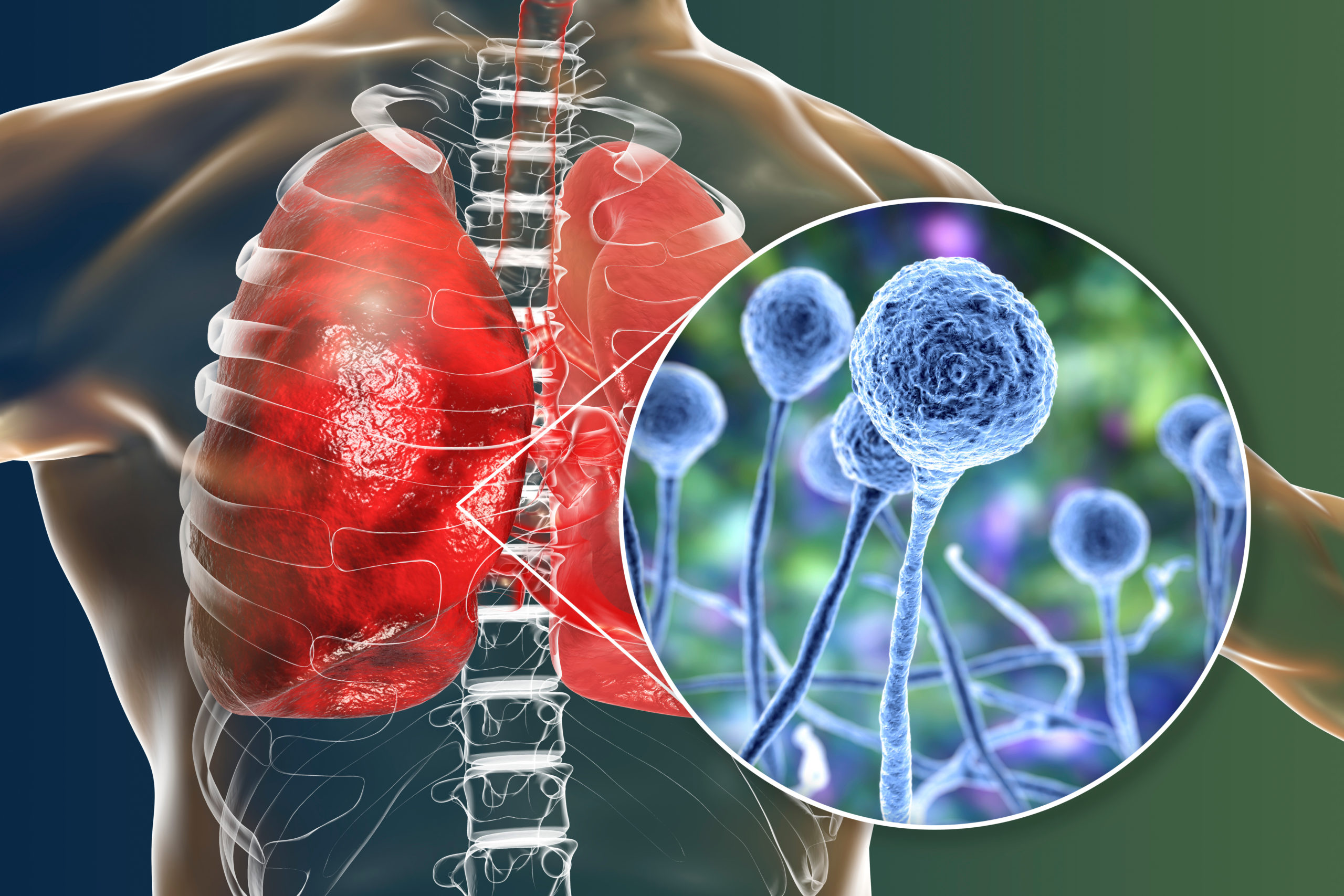
You’re coughing and sneezing, but cough drops, allergy medicines, and nasal sprays have all let you down for what feels like the first time that you can remember.
Meanwhile, a vague sense of humidity sits thick in your living spaces, the likes of which you mistakenly ignore as you continue to trudge through the undesirable heat of the Floridian summer.
But who says the two aren’t connected?
After all, where there is moisture, there is likely to be mold and/or mildew. And if you’re wondering whether or not they’re making you sick, this may help you get a clearer picture through the haze of your seasonal symptoms:
Is It A Matter Of Mold… Or Mildew?
Oftentimes, many individuals may mistakenly conflate the terms “mold” and “mildew,” or simply use them interchangeably. Contrary to common knowledge, however, the two are similar albeit not quite the same.
“Mildew refers to certain kinds of mold or fungus,” as explained by the Environmental Protection Agency (EPA). “The term mildew is often used generically to refer to mold growth, usually with a flat growth habit.”
Oftentimes, mildew will appear as a white or gray fuzz that sits in surface-level patches of moisture. Mildew is more easily managed using household cleaners and may not cause as much damage as its thicker — and sometimes more toxic — counterpart, mold.
Mold is oftentimes (albeit not always) darker than mildew, appearing in hues of blues, greens, yellows, and even black or brown. It will also grow in larger swathes and may indicate a more comprehensive issue in terms of moisture intrusion and water damage.
That Sinking Feeling Of Sickness
So, returning to the question at hand, can mold and mildew cause sickness? The short answer is yes, they can.
As mildew is a form of mold, exposure can, in some cases, cause wheezing and other forms of upper respiratory irritation. That being said, mildew is more likely to cause cosmetic damage to your home and impact your houseplants, whereas mold may pose a more serious risk to your physical health.
“Exposure to molds can lead to symptoms such as stuffy nose, wheezing, and red or itchy eyes, or skin,” according to the Centers for Disease Control (CDC). “Some people, such as those with allergies to molds or with asthma, may have more intense reactions.”
Other common symptoms as a result of mold exposure may include:
- Lung irritation
- Headaches
- Skin rashes
- Sore throat
- And more
Thus, mold and mildew should both be handled in a timely manner in order to mitigate more serious side-effects of prolonged exposure.
Beating Biological Contaminants
At the end of the day, overcoming the obstacles of mold and mildew are not going to be easy if you cannot locate or identify them, even with a questionable smell permeating the air.
That’s why Luce Air Quality offers certified mold investigations and healthy building checkups — because we’re committed to enhancing your knowledge and empowering you to take back control of your home!
As your local indoor environmental professionals, we look forward to providing you rapid and reliable results you can trust. To learn more or schedule your appointment, contact us today by calling 904-803-1014!


